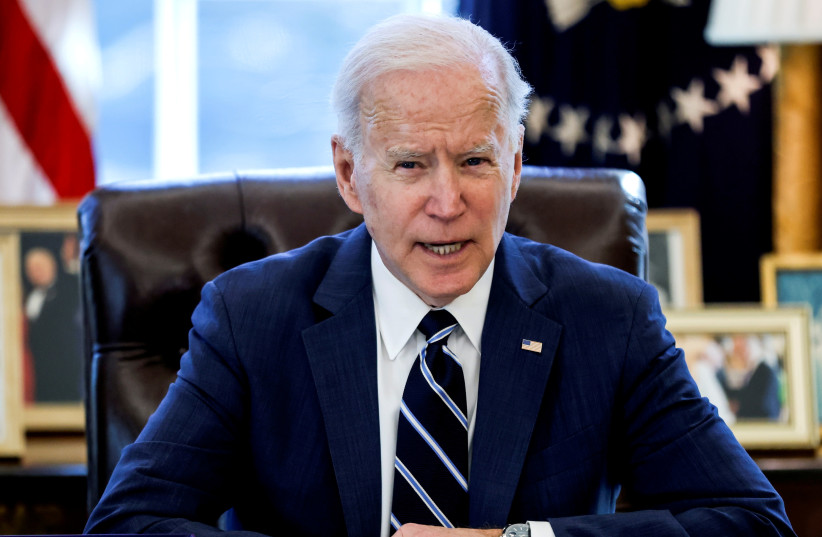
Washington Can’t Replicate Its Cold War Victory
Hegemony is the lifeblood of the United States. The U.S. is still the most powerful country in the world in terms of most comprehensive strength and has global super-dominance. The problem with Washington is that it is too greedy. Its demands for hegemony have gone far beyond its capabilities, and so it has fallen into an unprecedented sense of crisis and confusion. As such, the strength of the world's strongest country seems to be not enough to meet its demands, and there is a huge deficit in mobilization.
The following are what the United States is most worried about.
First, China continues to develop and expand its strength, challenging the overwhelming advantage of the United States. If China is bogged down or falls into chaos and this trend proves to be irreversible, then Washington can breathe a sigh of relief and be reassured. However, the common forecast of the world is that China will continue to develop and it's only a matter of time before China's economic aggregate exceeds that of the U.S. Some American elites regard the rise of China as a geopolitical event on the same level as the collapse of the Soviet Union.
Second, the U.S. alliance system is not as useful as it appears to be, with some important allies only responding to Washington ideologically but reluctant to take real action to support Washington in encircling China. As the Chinese market grows, the scale of trade between many American allies and China has surpassed the scale of their trade with the United States, and this trend will further intensify. Washington will find it more difficult to mobilize those allies to make self-sacrifice "for the common interests of the West."
Third, the China-Russia strategic cooperative partnership may continue to deepen and become a "practical ally" against U.S. hegemony, which will lead to more uncertainties in the game between the U.S., China and Russia.
Now that the United States’ efforts to rally allies have almost hit the ceiling, the extent of their unity is like the last few drops of water in a sponge — almost squeezed out. I believe that no U.S. ally is willing to confront China and Russia simultaneously, as doing so would be almost equivalent to strategic suicide. That is why Washington softened some of its rhetoric against China and Russia during the G-7 meetings and has had to make an ideological show to demonstrate that the West shares "hatred" toward common enemies.
There is still a lot of room for Chinese-Russian cooperation. Our sponge has just been soaked in water and has not yet been squeezed out. China and Russia could create more diplomatic coordination in opposing hegemony and take counteraction against U.S. attempts to strengthen its alliances. The two can also tap into the huge potential for economic complementarity. In addition, the military approach between the two sides has just begun. If the two nations deem it necessary, there could be mutual cooperation that could cause shocks.
The United States' greed for hegemony has caused it to fall into a difficult strategic overdraft, a powerlessness that many empires in history have had. China and Russia have acquired some initiative as they pursue their reasonable and controllable interests in a pragmatic manner. As a matter of fact, America's pressure on both China and Russia has failed.
China and Russia have the ability to continue to dig into the strategic foothold of the United States. The current close relationship between the U.S. and its allies cannot increase its actual strength in dealing with China and Russia. Its role is mainly to provide momentum, comfort and courage. It will not be difficult for China and Russia to maintain their current levels of cooperation with most Western countries, and there are plenty of realistic possibilities to continue to deepen cooperation. It is much easier for us to mobilize the international community to oppose U.S. hegemony and to disintegrate the U.S. alliance system to the point where it can no longer play a practical role than it is for the U.S. to strengthen the alliance system to release new lethal energy.
As long as China and Russia do not make mistakes, take care of their own affairs well, reinforce comprehensive strategic cooperation with each other and continuously deepen integration with the world, the United States will not have a chance to realize its ambitions. Washington won the Cold War, but it can never replicate that unexpected victory in the 21st century.

